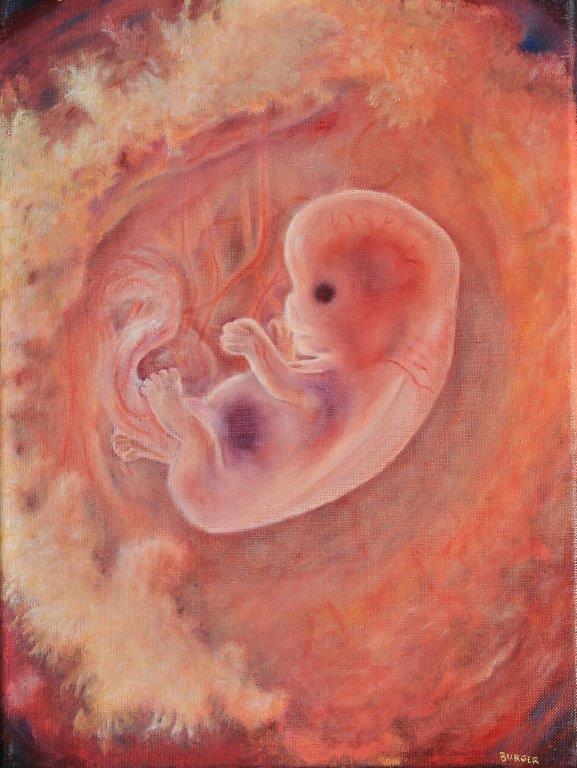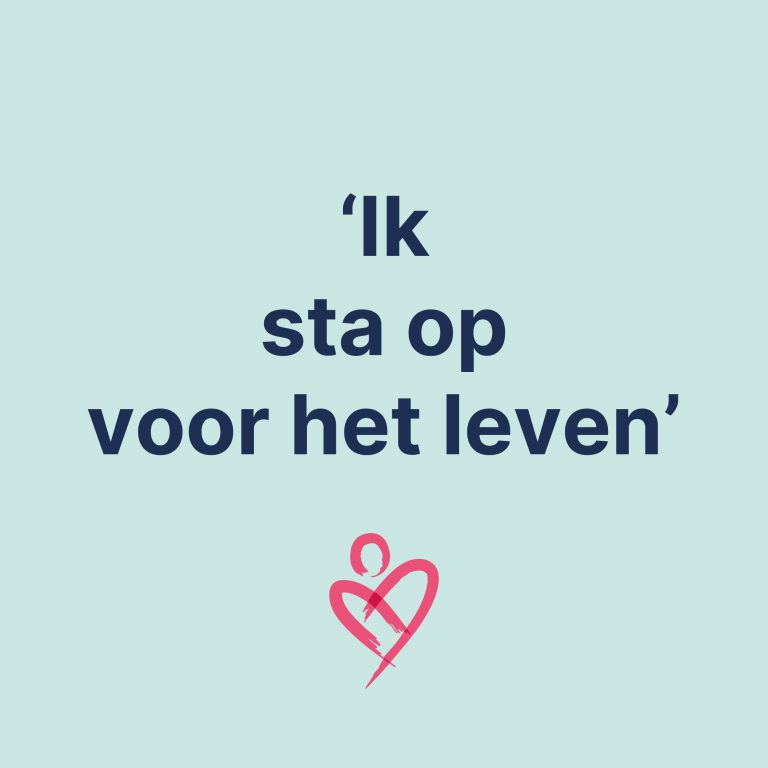16 juni 2023
It might startle some people, but many Western countries still have formal prohibitions concerning abortion, despite far reaching legalization of the procedure. This is the case for Germany, Belgium and the Netherlands, among other countries. Abortion activists have become increasingly frustrated with this reality and have been calling for the repeal of such laws. In the Netherlands, this concerns article 296 of the country’s penal code. This article states that any treatment that is expected to result in the termination of a pregnancy is forbidden, unless the practice of abortion meets the conditions of the law regarding termination of pregnancy (or: abortion law). Recently, a citizens’ initiative raised more than enough signatures to require deliberation by the Dutch Parliament’s general assembly. According to this citizens’ initiative, abortion should not be in criminal law. NPV has responded by sending a letter to the members of parliament concerning the reasons for maintaining article 296. Additionally, NPV has sought to join the ongoing public debate by sending op-eds to nationwide newspapers, an example of which follows below.
Article 296 of our penal code prohibits abortion, unless the practice of abortion meets the conditions of the abortion law. Initiators of a citizens’ initiative state that ‘abortion is no crime and, therefore, should not be a part of criminal law.’ Due to this initiative, the matter will be discussed in Parliament. Theirs is a remarkable angle to choose. Abortion has been legal in our country for forty years. But whoever causes the termination of a pregnancy by way of coercion or deception, or does so without a permit, can be criminally charged, by virtue of article 296.
Abortion pill in the pasta
Justifiably so! Imagine someone sneaking abortion pills into their girlfriend’s spaghetti, as a man did in 2008. The judge sentenced him to twelve months in prison and based the penalty primarily on article 296 of Dutch criminal law. This is a clear indication that said article does not criminalize women in the slightest, contrary to what many abortion activists and politicians claim. Quite the contrary: it protects them.
Besides protection of the woman, the legislators of 1984 (when the Dutch abortion law was implemented) also sought to express that unborn life is worthy of protection. A wise thing to do, according to the forementioned judge, seeing that ‘article 296 of our criminal law not only protects the unborn child, but also its mother as well as a medically responsible abortion practice’.
Even so, a number of abortion activists and politicians would like to see this protective trifecta for woman, child and professional practice eliminated. According to them, it has a symbolic impact on the woman and her doctor. The second evaluation of the abortion law, published in 2020, assessed the arguments against the article, and emphasized the trifold protection. In its report, the committee stated that, if anything, article 296 helps to keep abortion care far removed from the criminal spheres, because the article deals with cases that do not meet safe conditions for abortion. Furthermore, the evaluation committee states that the accessibility of abortion care is in no way obstructed by the existence of article 296.
Out of arguments
Therewith, any substantive arguments of the citizens’ initiative have more or less run out. The residue of the complaint rests on the discomfort some doctors and women feel due to the existence of this legislative article. But to seize the ‘foundations of abortion law’, as the committee calls them, from any party involved in legal abortion, feelings are insufficient grounds.
Is the wish to remove abortion from criminal law an act of symbolism, or is something else the matter? Within the European Parliament, people are working on fulfilling their dream of abortion not only being legal, but also a human right. That could prove difficult, as prominent EU-members such as Germany, Belgium and The Netherlands still have abortion in their penal code.
Unborn life
Article 296 is perhaps the last stronghold for unborn children against abortion. As article 82 of our criminal law primarily deals with physical damage afflicted upon women and article 82a only concerns unborn life after 24 weeks of pregnancy, removal of article 296 would deprive our law from penal provision concerning illegal abortion. Abortion before 24 weeks of pregnancy will then be considered ‘normal medical treatment’, even though abortion doctors differentiate abortion from ‘normal medical treatment’. Abortion does not cure lives; it takes 31.000 lives every year. Removing article 296 from our criminal law will shape our society into one that less and less values the earliest stages of human life. That is a gross undervaluation of our very selves.
This article was written by Diederik van Dijk and published in De Telegraaf on 20th May, 2023.




